Floor Leveling or Self Leveling Concrete is a polymer modified high-porous concrete that has the ability to flow, compact, and offer a flat surface when poured over a floor.
This concrete has excellent flow ability make the surface perfectly smooth and levelled without any vibration.
Here we will learn about floor leveling concrete, properties of self leveling concrete, merits & demerits of SLC.
Introduction to Floor Leveling Concrete:
This is a unique and relatively new concrete technique used to create a smooth and flatter indoor surface before the flooring is installed.
It is designed in such a way that the following properties like low plastic viscosity, high flow capacity, low isolation, low bleeding and stability are achieved.
Also, reduces the friction force of matters in the concrete by adding all kinds of agent, modify the shape to minimum friction.
Properties of Self Leveling Concrete:
- The self-leveling concrete increases the flow capacity, which imparts the self-leveling property.
- The added viscosity prevents the disposal of aggregates due to agent accumulation and harmonizes the mixture within the bond, which helps to avoid bleeding.
- Floor leveling solids attain the high-symmetry with their self-leveling and cohesive property.
- The flowability properties of self-compacting concrete are higher than those of self-compacting concrete.
- This increase in flowability for achieving an excellent finish in the final rigid Self Leveling Concrete.
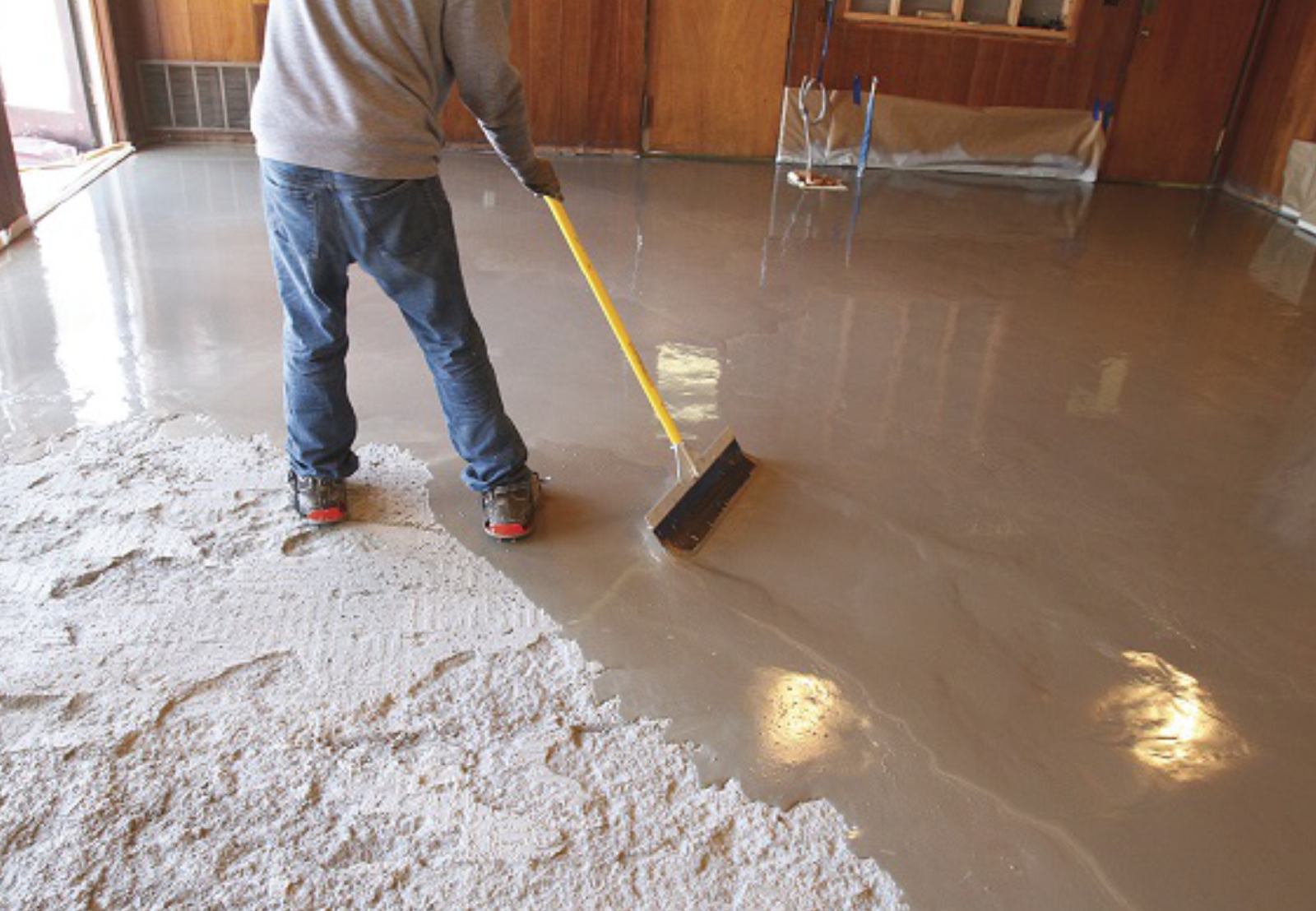
Advantages of Self Leveling Concrete:
- The application of this concrete is easy.
- Fewer workers are required.
- A flat and smooth surface is achieved.
- A water-resistant surface is obtained.
- Avoid the growth of microorganisms.
- Floor Leveling is an excellent choice for reinforced concrete construction.
- The best option for formwork is arranged in unusual geometry.
- Higher compression capacity is obtained than conventional concrete.
- It provides a flat and smooth concrete surface.
- It also gives coaxed concrete that removes bleeding and isolation.
Also read: Concrete vs. Asphalt & Mortar vs Concrete
Disadvantages of Floor Leveling:
- This compound does not stick suitably to the subfloor with the dust and grime.
- It’s much more expensive.
- Self-leveling mixtures do not provide stability on the surface where tiles are placed.
- Its premises may break, leading to loosening and eventual loss of ceramic floor tiles.
Also read: Concrete Screed, Concrete Spalling & Concrete forms
Conclusion:
Self Leveling Concrete has gain popularity as the degree of flatness and smoothness required for floor covering products has increased.

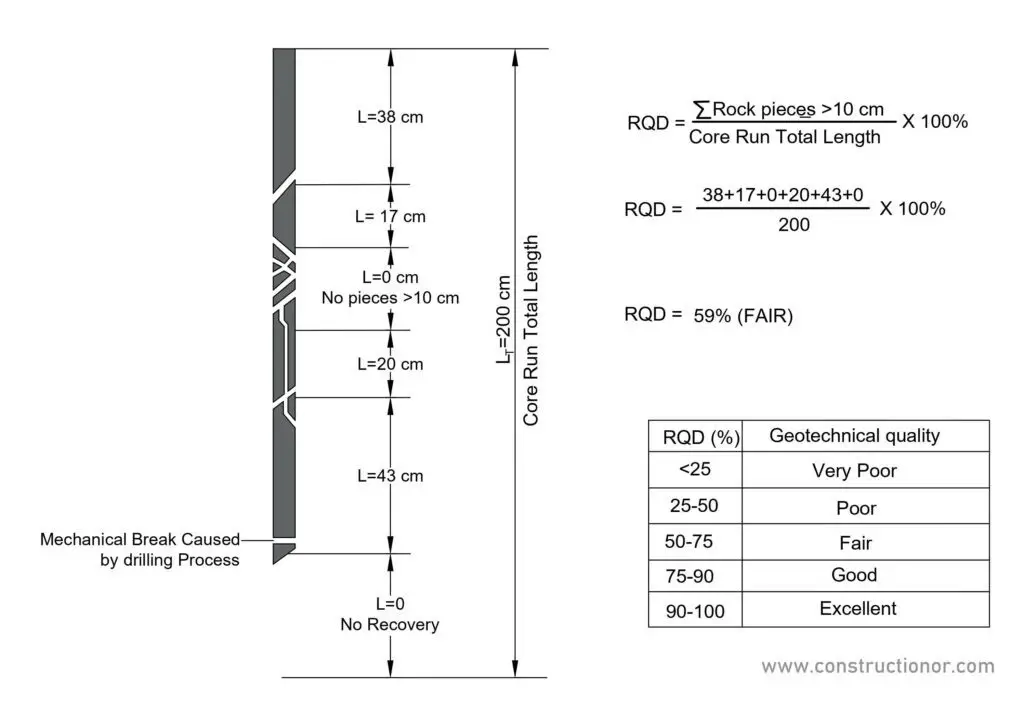
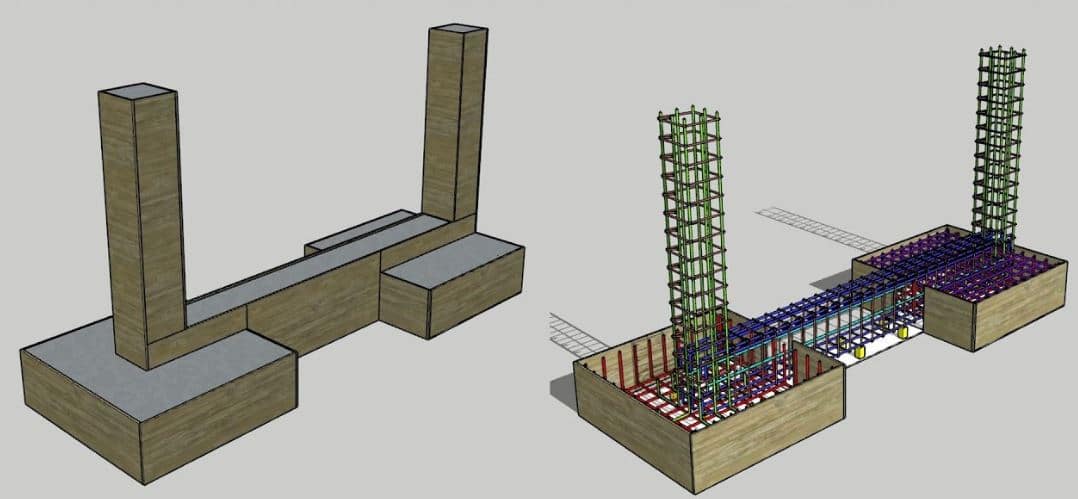
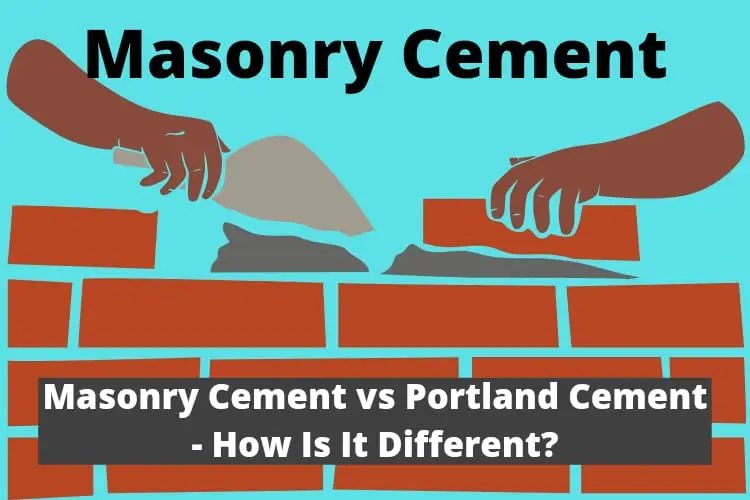
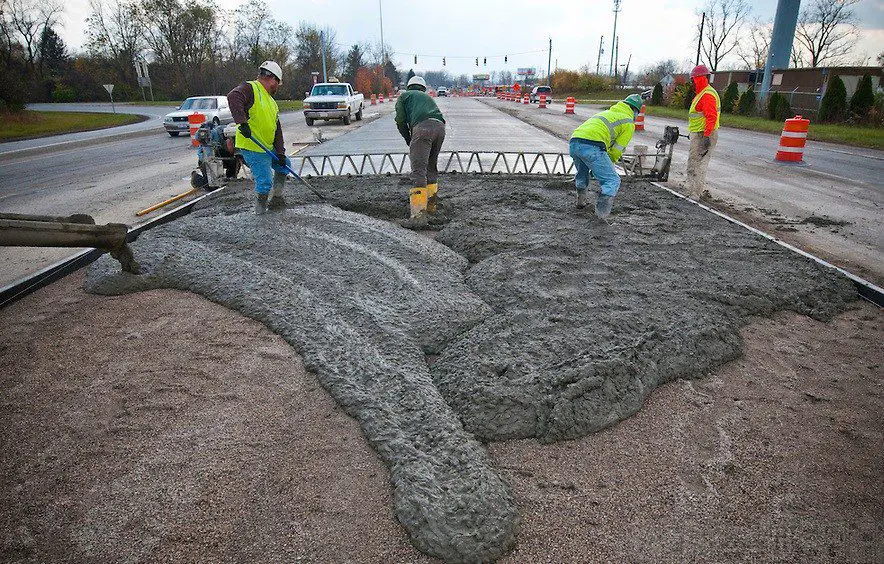
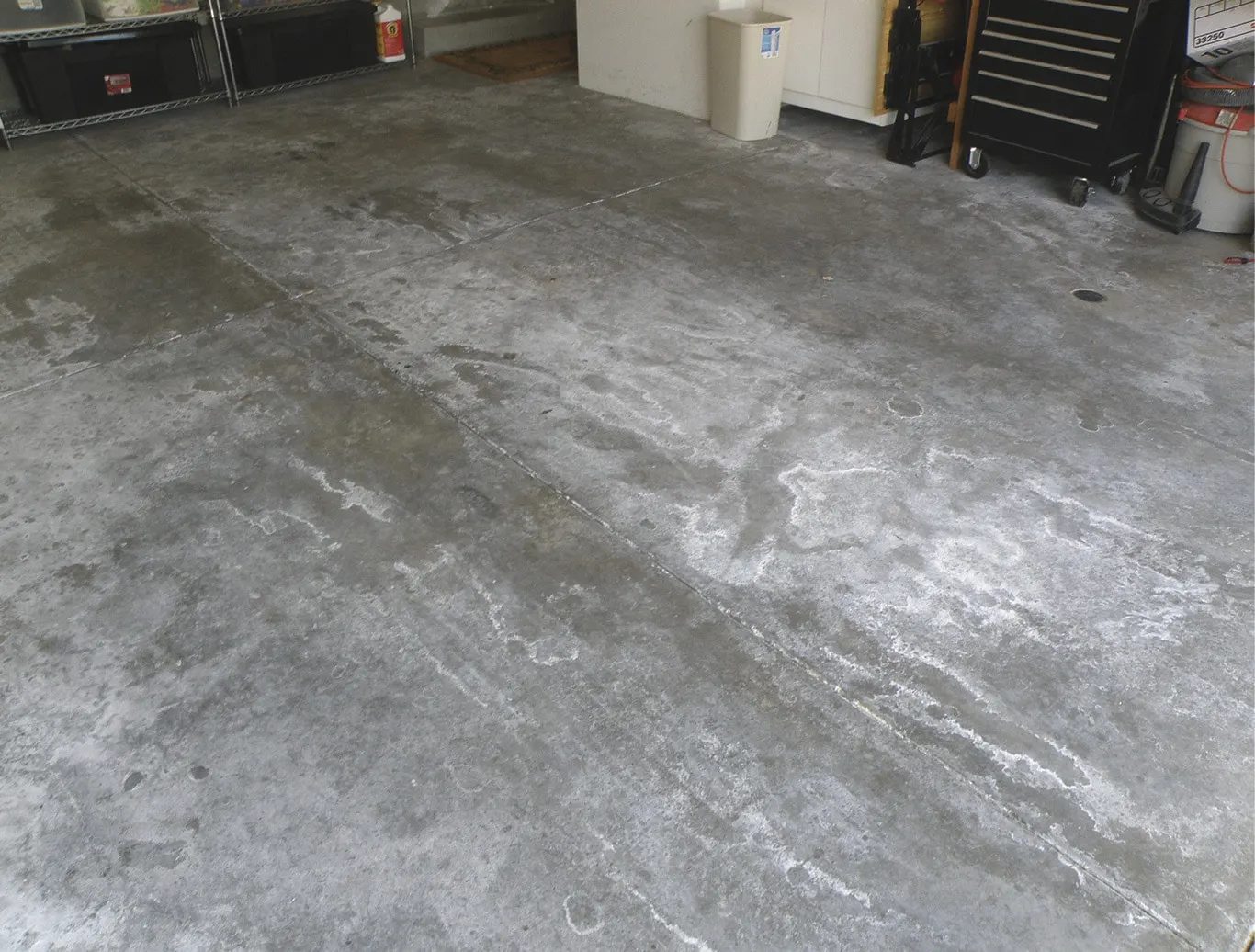
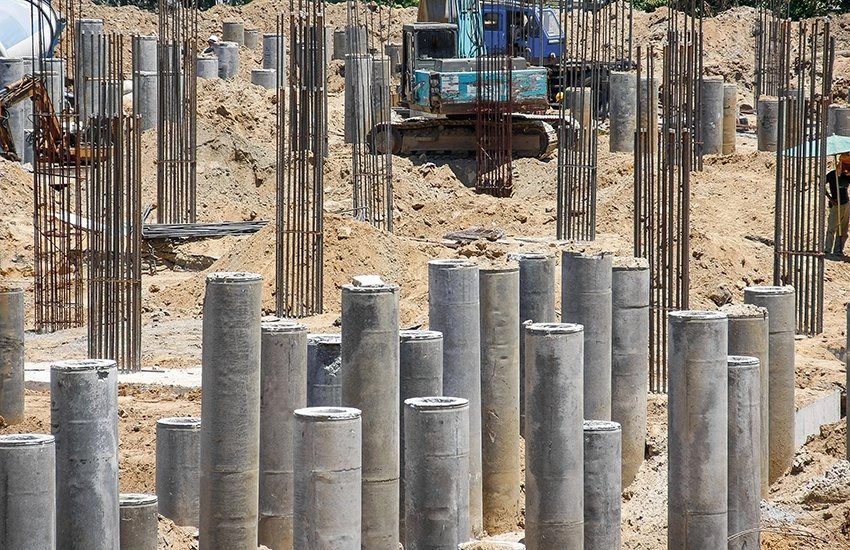
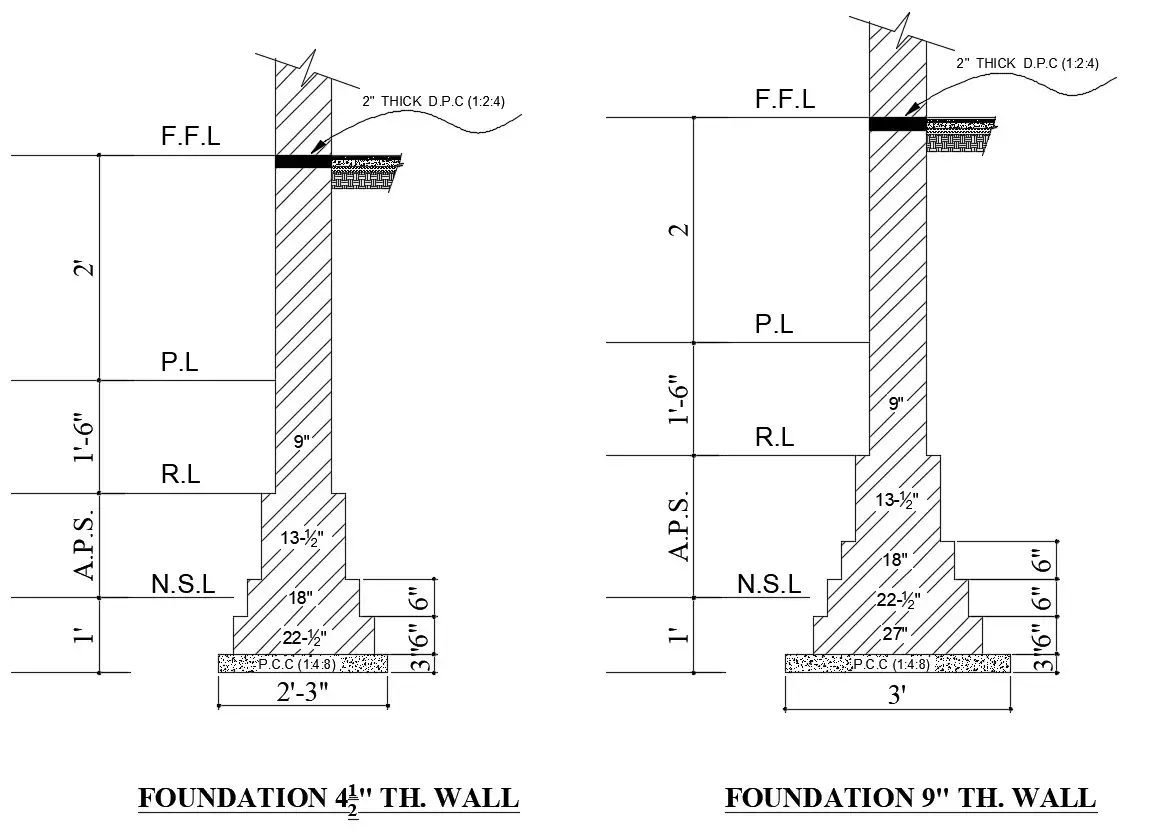
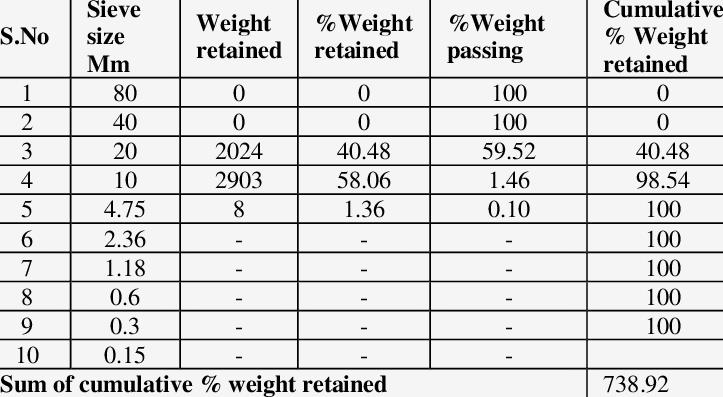
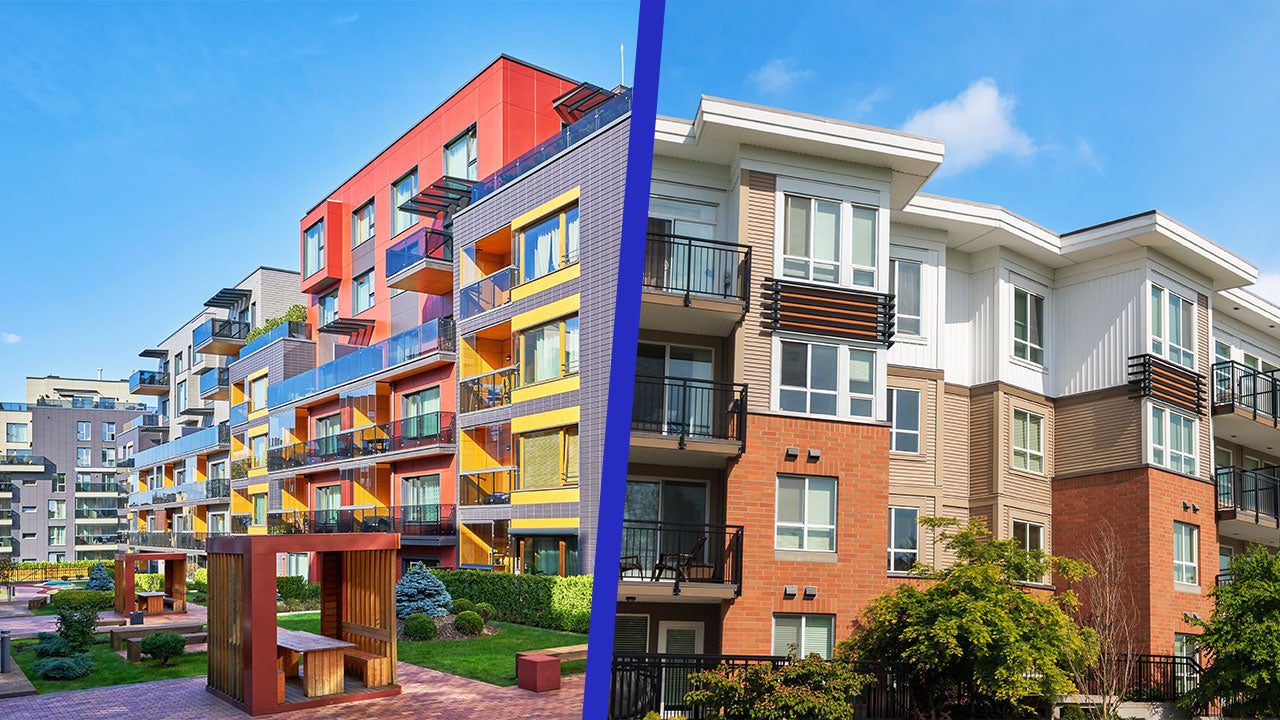
It is good to have self-levelling concrete info.